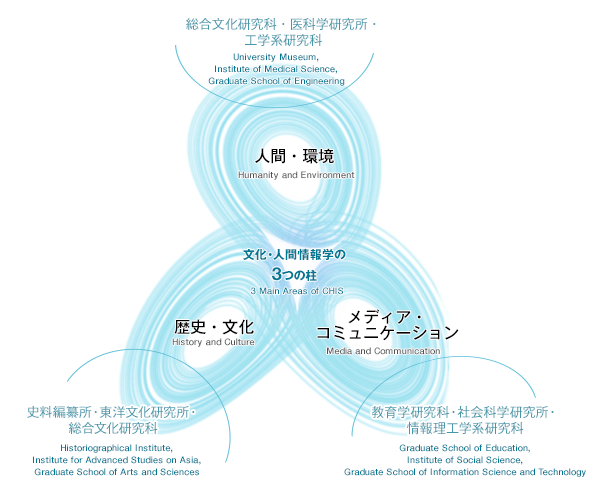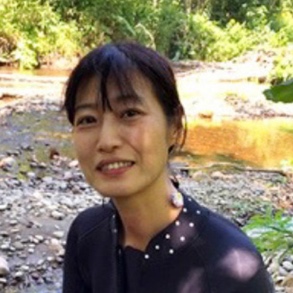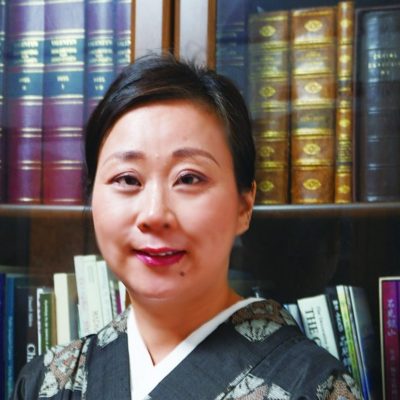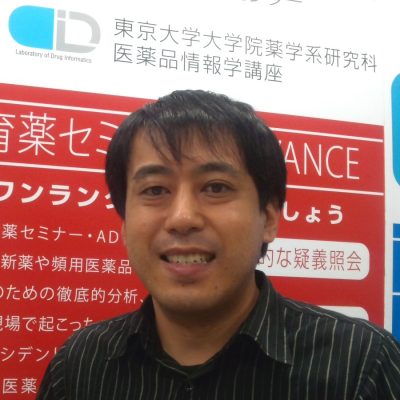情報学的視座からの文化・人間諸科学の再編Restructuring the cultural sciences and humanities from the perspective of informatics
文化・人間情報学コースは、社会科学系の社会情報学コースと自然科学系の先端表現情報学コース、総合分析情報学コースとをつなぐ中間の位置にあり、文理の融合・越境を進めながら、新しい学際的な情報学の創造に取り組んでいます。
このコースを担当している教員には、科学技術社会論、科学技術コミュニケーション、生命倫理学、認知科学、アフォーダンス論、メディア・アート、カルチュラル・スタディーズ、記号論、アジア文化研究、歴史情報論、アーカイブ論、メディア論、メディア・リテラシー、学習環境デザイン、ワークショップ・デザイン、図書館情報学、言語分析、政治コミュニケーション論、世論研究などの専門家が揃い、新しい融合的な知の地平を拓きながら授業や学生の指導、教育上のプロジェクトに取り組んでいます。
文化・人間情報学コースの教育は、1)人間・環境、2)歴史・文化、3)メディア・コミュニケーション、3つの大きな柱を軸にしつつ、幅広い21世紀的諸課題に理論的かつ実践的に取り組んでいます。教員の専門、学生の研究テーマも多岐に渡るため、基礎的な研究方法や学術リテラシーを涵養するために、コースの選択必修科目である文化・人間情報学基礎(4単位)と文化・人間情報学研究法(2単位)にはさまざまな工夫を凝らしています。
本コースの修士課程修了者には「修士(学際情報学)」の学位が、博士課程修了者には「博士(学際情報学)」の学位が授与されます。
In a sense, the Cultural and Human Information Studies Course is the most distinctive of all the courses in the Graduate School of Interdisciplinary Information Studies. It is concerned directly with the task of constructing a new interdisciplinary field of information studies fusing aspects of the humanities and social sciences with elements of the natural sciences.
Faculty members associated with this course come from a wide range of disciplinary backgrounds, including Science Technology and Society, Science Communication, Cognitive Science, Affordance Theory, Media Art, Cultural Studies, Semiotics, Asian Studies, Historical Information Studies, Archive Studies, Media Studies, Media Literacy, Educational Environment Design, Workshop Design, Library Information Studies, Linguistic Analysis, Political Communications, Public Opinion, etc. This diversity provides a basis for a very open and rich educational and research experience. The course includes students interested in pursuing creative and expressive work, as well as students intending to carry out theoretical and empirical research.
The three main areas of study in this course are: (1) Humanity and Environment, (2) History and Culture, (3) Media and Communication. These form a framework around which numerous ambitious projects are being pursued with the aim of developing fresh approaches and strategies in the cultural and human sciences capable of dealing with a wide range of both practical and theoretical issues of the twenty-first century. Students in this course are trained to become experts in research and other practical fields equipped with the profound knowledge and methodological acuity that are sure to be needed in the world of the future.
Successful completion of this course leads to the awarding of a degree with the title “M.A.S. (Interdisciplinary Information Studies)” or “Ph.D. (Interdisciplinary Information Studies)”.
文化・人間情報学の3つの柱3 Main Areas of CHIS

コース担当教員Faculty Who Teach in This Course/Program

植原 亮UEHARA, Ryo
科学哲学、哲学的自然主義、脳神経倫理学、自己制御、創造性、科学文化Philosophy of Science, Philosophical Naturalism, neuroethics, self-control, creativity, scientific culture
Profile
遠藤 基郎ENDO, Motoo
朝廷・寺院史料に基づく日本史研究(11-15世紀)、日本史史料研究用データベースJapanese History (Ⅺ – ⅩⅤ century), Database for Japanese History
Profile
藤本 徹FUJIMOTO, Toru
ゲーム学習方法論と学習支援技術Ludic Design for convergence of Meaningful Play and Playful Learning
Profile Lab Website
藤田 結子FUJITA, Yuiko
メディア・文化、人種・ジェンダー、国際移動、
芸術・文化生産Media and Culture, Race and Gender, International Migration, Production of Art/Culture

筧 康明KAKEHI, Yasuaki
マテリアル・エクスペリエンス・デザイン ―物理世界の表現力拡張と体験のデザイン―Material-Driven Experience Design
Profile Lab Website
武藤 香織MUTO, Kaori
社会科学と先端医科学の相互作用、福祉社会学Sociology of Medicine and Family; Research Ethics
Profile Lab Website
永吉希久子NAGAYOSHI, Kikuko
社会意識、国際移動、社会階層に関する研究Public Opinion, International Migration, Social Stratification
Profile
小川 浩之OGAWA, Hiroyuki
現代イギリス政治外交史、国際政治史Contemporary British Political and Diplomatic History, International History
Profile
大島 まりOSHIMA, Marie
コンピューテーショナル・バイオメカニクス、科学技術コミュニケーションComputational Bio-Informatics
Profile Lab Website
横山 広美YOKOYAMA, Hiromi
科学技術社会論Science communication, Science and technology studies
Profile Lab Website- =基幹・流動
- =学内兼担・過程担当
- =特任・非常勤















